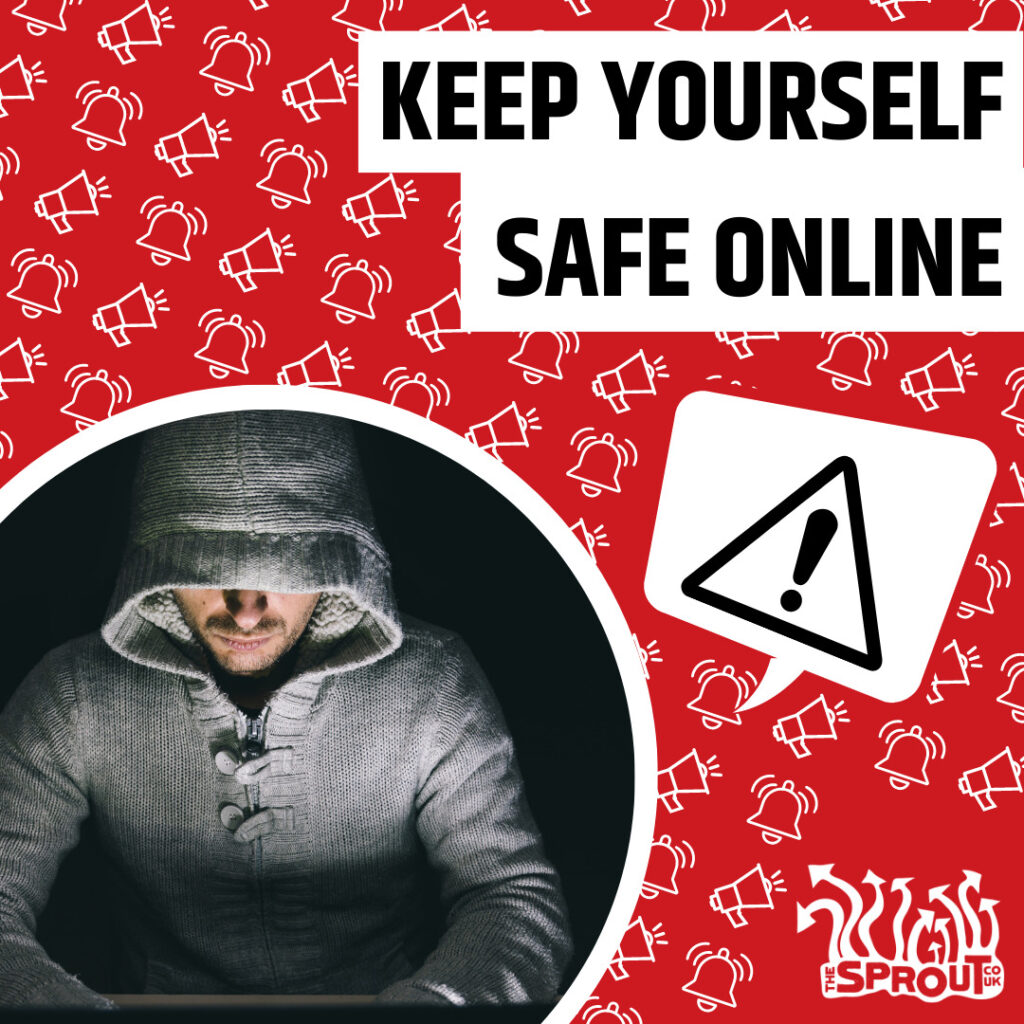With so much of our lives online, we need to know what we can do to keep safe whilst surfing the web!
The internet is a weird and wonderful place that can provide us with access to tonnes of free inspiration, ideas, knowledge and fun. We go online for everything: school, work, university, shopping, gaming, banking, dating… the list is endless! With so much of our lives now online, we need to ensure that we know the dangers of the internet and how to keep safe whilst being online.
Here are 7 ways that you can be safer online.
1. Create strong passwords
Creating and using complex and unique passwords is critical in ensuring that your personal online information is safe. Strong passwords include both capital-case and lower-case letter, numbers and special characters. A good password will also not be easily guessed by using common patterns (eg. 123456), or parts of your personal information such as your birthday or your address.
You can create a strong password by:
- Using a mix of capital-case and lower-case letters
- Including numbers
- Including special characters like a comma, exclamation mark or questions mark
- Not including personal details
- Making it 6 characters of more
However, using one strong password for all your accounts is not enough. It’s really important to make sure that all your accounts have a different password. This is because it’s sadly quite common for hacks, where one data breach can leak your email address and password. If you have the same password for everything, then it’s like giving a hacker a key to your online information. Most of us don’t like the idea of using multiple passwords, as it makes it hard to remember so why not try using a password manager to help you keep track of and store your passwords for all of your accounts, so you don’t forget them.
2. Enable multiple-factor authentication
Some of your online accounts will offer multi-factor authentication, also known as multi-factor authorisation. This is when multiple pieces of information are required to verify your identity to gain access to an account. For example, to log onto your account, you would need your usual login information such as your username and a password, as well as entering a code that would be sent to your phone or entering a passphrase. This extra step can be crucial in securing your online information as it is an extra layer of protection for if someone does have access to your login information.
3. Enhance your network security
When you are at home, school, or work, you probably access the internet using a password-protected router that keeps your data safe. However, the increase of free public Wi-Fi has led to many people’s online information being comprised as the networks are often unsecured. If not using free public Wi-Fi isn’t an option for you, consider purchasing a Virtual Private Network (VPN). They can be costly; however, VPN’s create a secure connection over the internet, allowing you to safely connect from anywhere.
4. Be careful of what you click on
It’s very easy to accidentally give away your personal information online. Many of the threats we see today come in the form of spam emails, online quizzes, fake freebie offers and online advertisements. These often collect our information by enticing us to click on dangerous links. To stay safe, always be cautious what online sites you visit and what you click on, even if it’s been ‘sent’ by a friend or family member.
5. Use a firewall
A firewall is an electronic barrier that blocks unauthorised access to your online devices such as your computer, phone and tablet. Firewalls can secure the devices in your network, including Internet of Things (IoT) devices like webcams and smart thermostats. Many IoT devices are not equipped with security measures and can therefore be a very easy way to gain entry to your entire network. Firewalls can also be costly, but they are usually included in comprehensive web security cover.
6. Shop safely
Ensure that you only visit websites that start with “HTTPS” rather than “HTTP” and has a padlock in the URL field, particularly when shopping online. Both the S and the padlock stands for secure, meaning that the website you are using uses encryption to scramble your data so it can’t be captured by others. It’s also important to be on the lookout for copycat sites which mimic the original site, but they are fake. These usually can be distinguished by incorrect spellings or bad grammar in the URL.
7. Share less online
There are many opportunities online to share information about ourselves such as the about our family, pets, address and hometown. Be careful what you share, especially when it comes to information about your identity which can potentially be used to help guess login details or impersonate you.
Related Information
For more information about surfing the web safely, check out our information page on Online Safety.
If you see anything online that worries you, report it to the CEOP.

